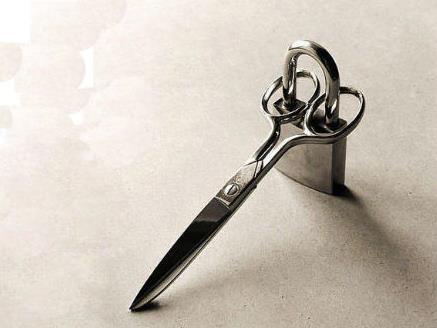Ticket touts are in the news again, this time for using software to harvest tickets in bulk and re-sell them at outrageous mark-ups.
A bid to introduce stricter regulations for online ticket touts whose websites re-sell event tickets failed on Monday, after the UK government won a vote to overturn it by 289 votes to 204. The vote came after more than 80 representatives of the music, sport and theatre industries signed a letter to the Independent on Sunday calling on the government to crack down on the secondary market of ticket resellers.
It’s a new twist on a hugely distressing problem for the arts sector– how to banish touting, whether it takes place online or in the shadows of a car park.
Fury erupts whenever tickets for popular performances are re-sold for a grotesque multiple of the original price. The anger is understandable but solutions remain elusive. Parliament debated the issue again last week but proposals for new legislation were defeated.
Sadly a sour mix of legal strictures, current industry practices and out-of-date technology make it very difficult for venues to fight back. Three things need to happen if ticket touts are going to be banished from the arts sector.
1. Break the taboo on demand-led pricing: There are clearly people willing to pay a premium for certain performances. Why not allocate a few choice seats and dates for those willing to pay higher prices? Done with care and on a limited basis there is no reason why it should affect access or standard pricing. It also means that additional revenue will stay with the theatre.
2. Make things easier for customers: Theatres must make it easier for customers to return tickets for refund. The technology exists now to make instant credit to a customer’s debit card fast and seamless. There are commercial reasons why smaller theatres may find this difficult, but in the long term, warm customer relationships help drive return attendance and community engagement.
3. Legislate: Westminster has successfully undercut the profitability of touting in football by making it illegal to sell-on a match ticket for anything but face value. In most cases returning the ticket to the club or venue for refund is the most sensible (and sometimes the only) option for buyers when plans change.





